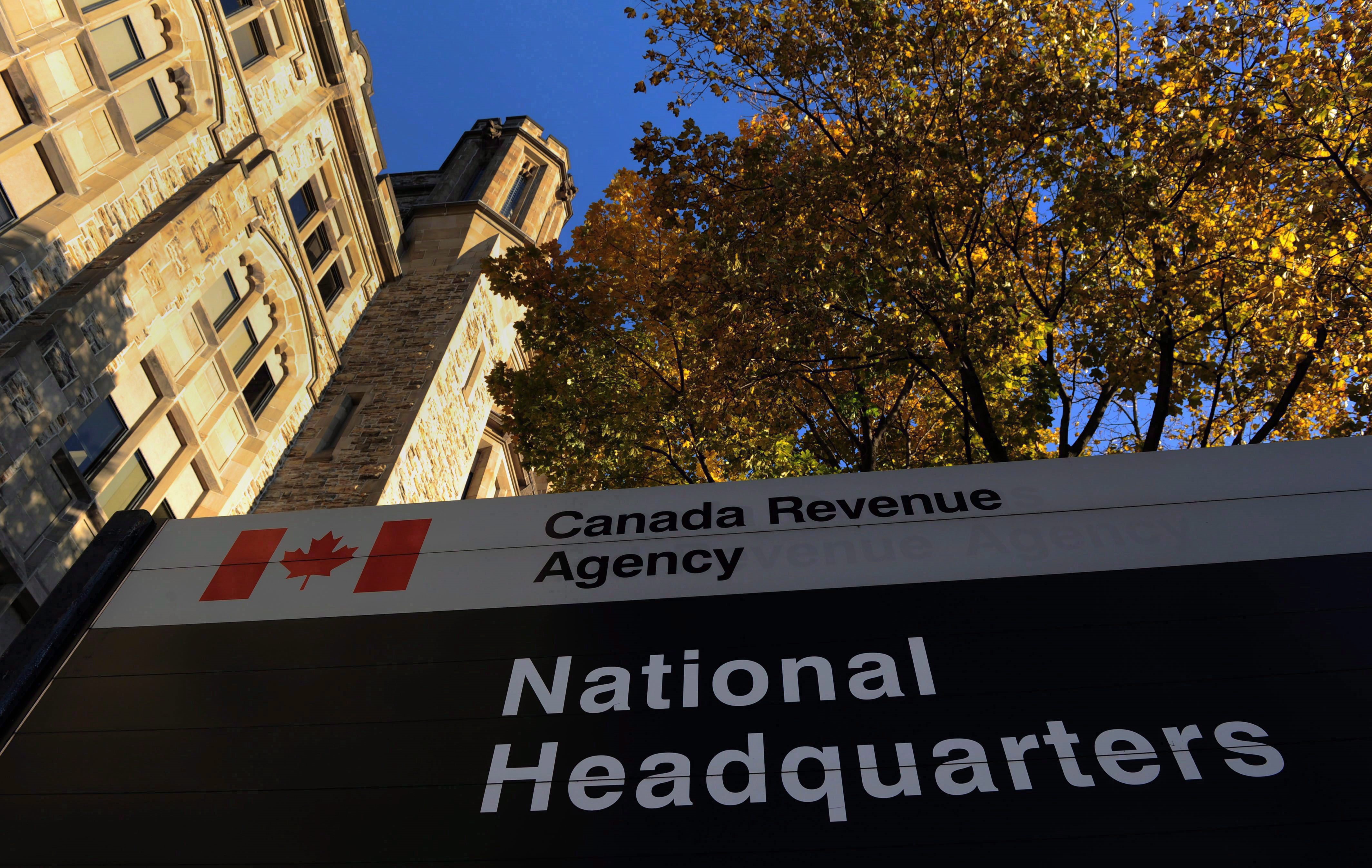TORONTO — Many Canadians are watching their mailboxes and inboxes for a personal income tax refund, now that the filing deadline has passed. But instead of a welcome influx of cash, receive a dreaded notice that their file is under review or audit.
When the Canada Revenue Agency starts looking your way can be anxiety-inducing, but it doesn’t need to be, tax experts say.
The best thing to do is respond and co-operate, said Jason Safar, a partner in the tax services practice of PwC.
“The worst thing you can do is play the ostrich, put your head in the sand and pretend that nothing is going on,” he said.
The federal government in recent years has ramped up its efforts to crack down on tax evasion, particularly by big international companies and wealthy individuals using offshore tax havens. In the 2016 Federal Budget, Ottawa earmarked $444.4 million over five years to help the CRA track down tax cheats, with the aim of raking in an additional $2.6 billion in tax over that period.
There has been an increase in audit activity, in all facets, but less so for personal income taxes, said Safar. And the vast majority of Canadians will never face a personal tax audit, he added. However, more Canadians will face the less serious option called a review.
“For the ‘lucky’ 0.1 per cent that does, it’s probably that there is something that is very unusual about their filings or history of filings that causes Canada Revenue Agency to want to take a closer look,” Safar said.
A review, however, happens fairly often, said H&R Block senior tax professional Valorie Elgar.
A CRA review is simply a request for additional information, rather than an audit which involves deeper scrutiny of your tax file.
Your income tax file may be selected for review randomly, or for reasons such a discrepancy between the figures you cited and those of a third-party, such as your employer. An unusual change in your activities, such as an increase in medical expenses or child care costs, may also trigger a closer look from the tax collector.
Often, once the taxpayer submits the required information to clear up confusion, that’s the end of the process, said Elgar.
“Send in the documentation that they request, and then that’s usually it,” she said. “But some people do get worried.”
If you do not co-operate, the CRA will likely make adjustments based on the information they have. This could lead to unwanted outcomes, such as a large tax bill plus interest charges, she said.
There are several types of review, such as a pre-assessment review program that takes place before a notice of assessment is issued. A processing review happens after the notice of assessment is issued, usually between August and December.
Your information could also be reviewed in a matching program after the tax assessment is issued that compares the information in your tax return to a third party, such as a financial institution.
Just in case you ever find yourself in the CRA’s crosshairs, it’s important to preempt any headaches by keeping all relevant receipts used to file your tax return on hand for at least six years, said Elgar.
Some documents may need to be kept on file even longer, said Safar. For example, documents in connection with a property owned by the taxpayer will need to be kept until the property is sold, in order to quantify the capital gains.
If you do find yourself under audit or review by the CRA, it is important to read the letter carefully and make sure to understand what they are asking for, he added. After submitting the requested information, the CRA will commonly send the taxpayer a letter outlining their concerns and reassessment details, and the recipient has 30 days to respond before the new tax assessment is processed, said Safar.
If you disagree with their conclusions at this point, let them know before that reassessment is processed, he added.
If the dispute is not resolved, there is still recourse. After the reassessment comes you have the option to file a notice of objection, which will go to an appeals officer who is different from the original auditor, said Safar.
If you plead your case and it falls on deaf ears, you can take the government to the Tax Court of Canada, he added. The issue can be further escalated to the Federal Court of Appeal, and if need be, you can seek leave to take your battle to the Supreme Court.
“You have lots of opportunities to plead your case,” he said.
However, that can take a long time and a lot of money. Depending on how much you owe the government, you will have to make a call on whether the effort and expense for this battle is worth it, Safar added.
“It depends how much you’re arguing about, and how much of a person of principle you are if the amount is not significant enough to justify the cost.”
Armina Ligaya, The Canadian Press

 Buying a Home5 years ago
Buying a Home5 years ago
 Credit6 years ago
Credit6 years ago
 5 Mortgage Secrets6 years ago
5 Mortgage Secrets6 years ago
 Business4 years ago
Business4 years ago
 Buying a Home6 years ago
Buying a Home6 years ago
 5 Mortgage Secrets6 years ago
5 Mortgage Secrets6 years ago
 Business4 years ago
Business4 years ago
 Buying a Home6 years ago
Buying a Home6 years ago






